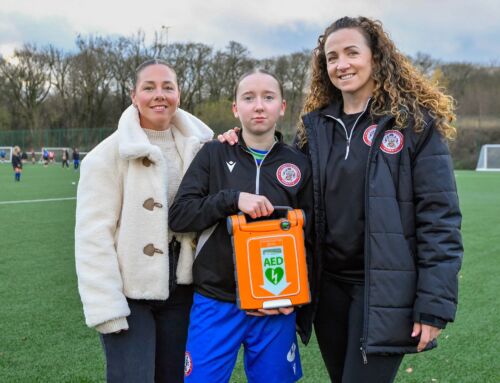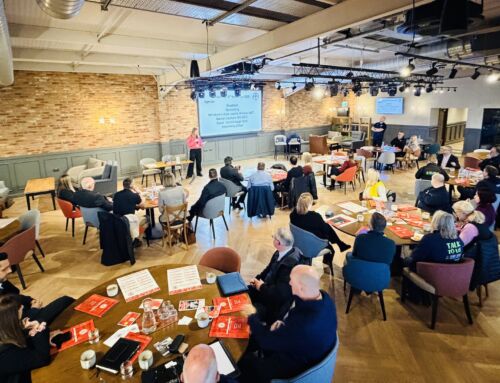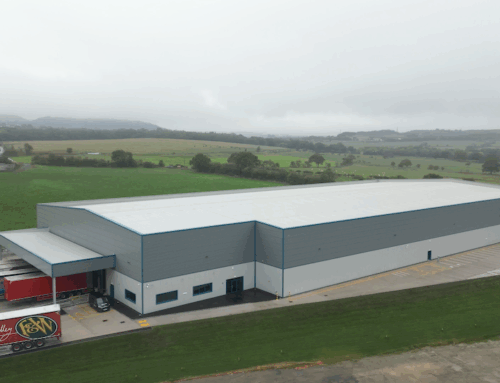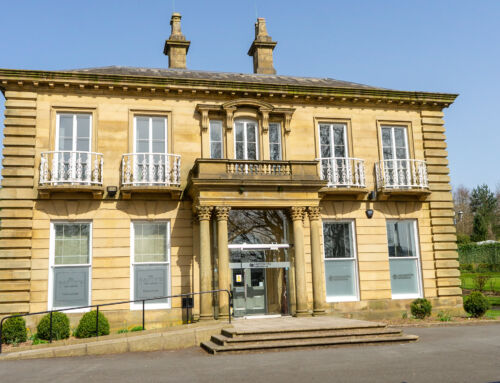What More UK is the Lancashire firm behind the extremely popular housewares brand Wham. They sell their products in every major UK supermarket, 1600 independent retailers and they export to a further 75 countries.
Now the UK has officially left the EU, organisations are discovering the reality of the situation. We met up with Tony for a Q&A about Brexit, sustainability, and British manufacturing.
Q. How do you feel about Brexit and what are the main opportunities that you see?
It’s a big change, and that’s always difficult. There will be challenges along the way, but there will also be benefits. >From my experience, challenging situations can often be turned upside down, and seen as opportunities. Even if it isn’t a direct business endeavour, it’s still a chance to grow, to understand the world a bit better and move forward.
At the moment, the problems are obvious. There’s extra paperwork to contend with, new processes to go through, and there are new rules to interpret and apply. For now, in the immediate future, business will overcome these challenges. That’s what successful businesses do. We deal with challenges on a daily basis.
Q. You’re an export Champion, what do you think will be the short and long-term impacts of Brexit on the country’s exporters?
It’s all about short-term pains and long-term gains. The short-term pain is things like more paperwork, and rules to understand and apply. Over the longer term, we’ve got the freedom to set our own course, and you can’t put a value on that.
We’re no longer dependent on 27 other countries to agree a course of action. In my experience, agreement on that scale is usually impossible, that leaves only compromise, and everyone is left feeling short changed.
Q. What More is a successful British manufacturer. How does manufacturing in the UK affect things like price and sustainability?
Investment is vital to keep British manufacturers competitive. The UK cannot compete with other economies where overheads are lower. British manufacturers have higher costs, in terms of wages, national insurance contributions, working conditions, quality control, health and safety. These are all costs that British manufacturers have to pay. Investment in people, production equipment and estate will all help to close the divide.
Q. and on the same lines, what about sustainability and the environmental impacts?
One of the best ways that the UK can compete with other economies, is on sustainability and environmental impacts. For a start, buying British means goods have less distance to travel to reach the consumer. Here in the UK we use the latest technology to cut emissions, the latest fuels, and proper methods of waste disposal. That all adds up to a significant competitive advantage.
British manufactured products are some of the best in the world, made to the highest standards with strict environmental controls. The UK is a brand in itself, and we’re lucky that it’s a brand people know and it inspires confidence. Brand UK is recognised, respected and envied all over the world. People want UK manufactured products and it would be rude not to supply them. I’m very confident that Brand UK is strong enough to stand on its own two legs, next to but apart from the EU.
What More UK manufactures housewares of all kinds, including kitchenware, bakeware, cookware, products for the home laundry and even gardenware like plant pots and troughs. They are proud members of Made in Britain and they export their products to every continent except Antarctica.
For more information about What More UK visit the website www.whatmoreuk.com.




